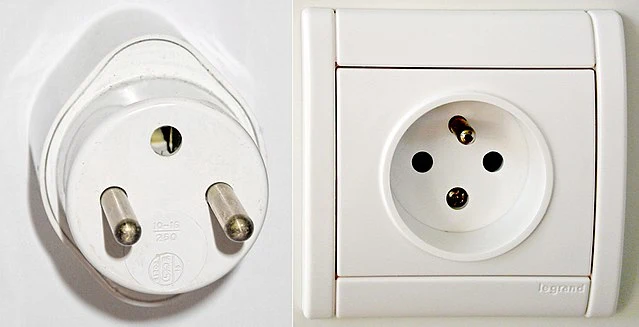Don’t Play Dead: How to Survive a Terror Attack in Europe
Is it safe to travel to Europe? A common question that pops up after the gruesome November 13 attacks in Paris. It is a sobering thought that the Old Continent –long synonymous with peace and the good life could possibly be a target for terror attacks, yet in the wake of the Paris attacks, the subsequent terror lockdown in Belgium and the growing threat of terrorist attacks in Europe, we’re rudely reminded that no place, not even Europe is a 100% safe. Which is why learning basic survival strategies has become more necessary than we’d like to admit. It could mean the difference between getting out alive or breathing your last in a cruel manner. Nobody intentionally seeks out dangerous situations, but in the event you find yourself in the middle of one, these are the ground rules you should keep in mind.
In the event of a shootout:
Stay Calm
Admittedly this is easier said than done. Nobody knows for sure how they’ll react in such a stressful situation –your life is hanging in the balance and the people around you have been shot at. Do you run or hide? Your fight or flight response is kicking in but this is not the time to panic. Focus on survival and getting to the nearest safest point.
Run
Do not stick around the area waiting for the action to unfold. Terrorists are known to set off secondary targets to kill as many police and rescue personnel as possible. Be smart and get out of there while you can. Leave all belongings behind. Run in a zigzag pattern from cover to cover. This makes it harder for the attackers to target you squarely.
Hide
If you are physically hurt or unable to escape without drawing attention to yourself, find a safe place to hide –avoid hiding behind glass or wood as these materials can easily be penetrated by bullets. If they’re shooting everyone in the area and there’s no place to hide, play dead and pray they don’t decide to spray everyone on the ground with another round of bullets.
Cooperate
Unite with the people around you to boost your chances of survival. If you’ve been wounded, huddle up to the person nearest to you to keep each other warm as well as cover each other’s wounds. You don’t know how long it’ll take the rescue team to arrive so it’s best to stem the blood flow for as long as you can. History has shown that those who survive are the ones who keep their bodies warm and their heads cool.
In the event of a bomb blast:
Stay put
Don’t make unnecessary movement lest you stir the dust and debris around. Avoid taking deep breaths. Cover your nose and mouth with your hand or some sort of material you can breathe through.
Make noise
If the rescue team has arrived but you’re buried away from sight, try to tap a wall or pipe so they can locate you. If your attempts go unnoticed, call out or shout, but only as a last resort as this can cause you to inhale a dangerous amount of dust.
Seek shelter
When a bomb explodes, (depending on how many bombs there are) it’s likely that the building you’re in will crumble. Try to seek shelter under a sturdy desk or table to avoid the falling debris. When the coast is clear, make your escape but be vigilant about weakened stairways and debris that might still be falling. At all costs avoid using the elevators in case they stop functioning midway.
Seek help
If you’re able-bodied and the situation isn’t risky, help others who are hurt or in need of assistance to evacuate the area. However, if you’re unable to manage, get help nearby. Attempting to lift someone twice your weight might do more harm than good. Likewise, do not move seriously injured persons unless they are in immediate danger from an oncoming fire or collapsing debris.






.jpg)
